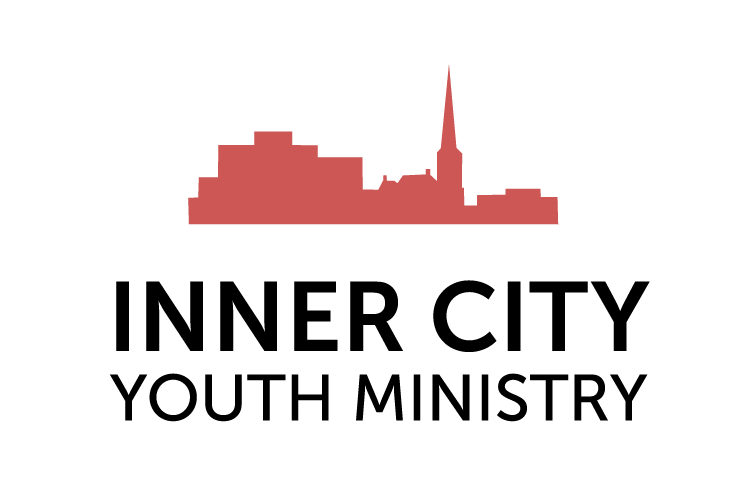Ten schools will help shape provincewide strategy, but there’s no word on which schools were chosen and why

Before the Higgs government invests $1 million to make sure every school in New Brunswick has access to a food program, a pilot project that was due to start this fall is supposed to help determine how to spend that money to get the best results.
The province said 10 locations would be chosen for the $200,000 pilot, but the executive council office has so far declined to say which schools were chosen and why.
Until that happens, the partner that’s running the program is not permitted to discuss the details.
That partner is the Heart and Stroke Foundation, a member of the Coalition for Healthy School Food group that has been pushing for a national program.
Canada is the only G7 nation that doesn’t have one.
Instead, every province but New Brunswick has improvised their own.

N.B. not setting kids up for lifetime of health and wellness
Christine Roherty, vice-president of health promotion for the Heart and Stroke Foundation of New Brunswick, says there are many health indicators that suggest the province is not setting its children up for a lifetime of health and wellness.
“Some schools are doing a really great job … other schools are struggling,” Roherty said.
The purpose of the pilot program, she said, is to figure out “the best model for moving forward.”
When that’s done, the models will be evaluated by the faculty of health sciences at the University of Moncton.
The university’s Professor Stéphanie Ward told CBC she looks forward to providing more information about that process when she gets the green light from stakeholders.

Roherty says the pilot schools have been chosen already but she isn’t free to identify them.
“I’m not permitted,” she said.
The New Brunswick Medical Society has also confirmed that it’s providing support to the project, but declined to confirm whether it has matched the $200,000 funding provided by the province.
Roherty says the pilot will be run by a senior project manager who has a master’s degree in public health as well as two coordinators, one of whom is a registered dietician.
Food champions wondering who got picked
In the absence of a provincial strategy, schools across New Brunswick rely on a patchwork of breakfast, lunch and snack programs invented by caring teachers, school community coordinators, local benefactors and volunteers.
Many say they’d like to know what role they’ll play when the province gets more involved.
“We’ll always need volunteers. We’ll always need grassroots organizations,” said Erin Rideout, a youth minister in Saint John.

Rideout does the grocery shopping for a new hub kitchen that serves five of the city’s high priority neighbourhood schools.
She says her group can make a brown bag lunch for about $1.68 and she’d love to do more, if the province could help provide more purchasing power.
“As soon as you start getting bigger, you can drop your costs per volume,” she said.
“They could choose to support local farmers and that would be really awesome. And I think it could reduce any stigma that’s lingering around food insecurity.”
If everyone has food programs, she, said, “it just becomes standard.”

P.E.I. adopts ‘pay-what-you-can’ plan for students
Prince Edward Island introduced a provincewide program in September after piloting half a dozen projects last winter.
Three ideas were carried forward.
In Kinkora, a chef uses the high school kitchen to prepare meals for a hub of local schools.
Elsewhere, meals are prepared and delivered by vendors working within the schools or by local restaurants that were awarded contracts.
More than 10,000 students have signed on.
“It’s pay what you can and we don’t ask any questions,” said Brad Trivers, P.E.I.’s minister of education and lifelong learning.
He says the cost of the meals is about $5 each and when families order online they can choose to pay the full amount or as little as nothing. The province makes up the difference.

P.E.I. budgeted $1.5 million to run the program from September 2020 to March 2021.
“We had originally estimated that we might get three-quarters of the people paying full price but it’s probably lower than that – around 55 per cent,” said Trivers.
The next step, he says, is to hand the program over to a non-profit organization run by a board of directors.
“It’s an investment in the long term in the health of our population. Students eat healthy and so they have less risk of chronic disease and hopefully they learn how to eat healthy as well.”

Poverty and rising food costs
Advocates for a provincial school food program say the need is urgent in New Brunswick.
Some 30,000 children in the province are living in poverty and the province has been one of the hardest hit by rising food prices, which will likely rise again next year by three to five per cent, according to Canada’s Food Price Report.
Roherty says she expects to see the pilots have an impact, even in the short term.
“At the end of this year, we’re hoping to really show the benefits in terms of outcomes for health and wellness.”
“Looking at other school food programs across the country, we start to see things like absenteeism decrease. We also start to see test scores increasing and [more] productivity and student leadership.”
“Classroom behaviour is another thing that we start to see improve.”
“I really look forward to when we are allowed to talk about it,” she said.
Rachel Cave
CBC News
Read the full article here: https://www.cbc.ca/news/canada/new-brunswick/school-food-pilot-program-nb-1.5844067
